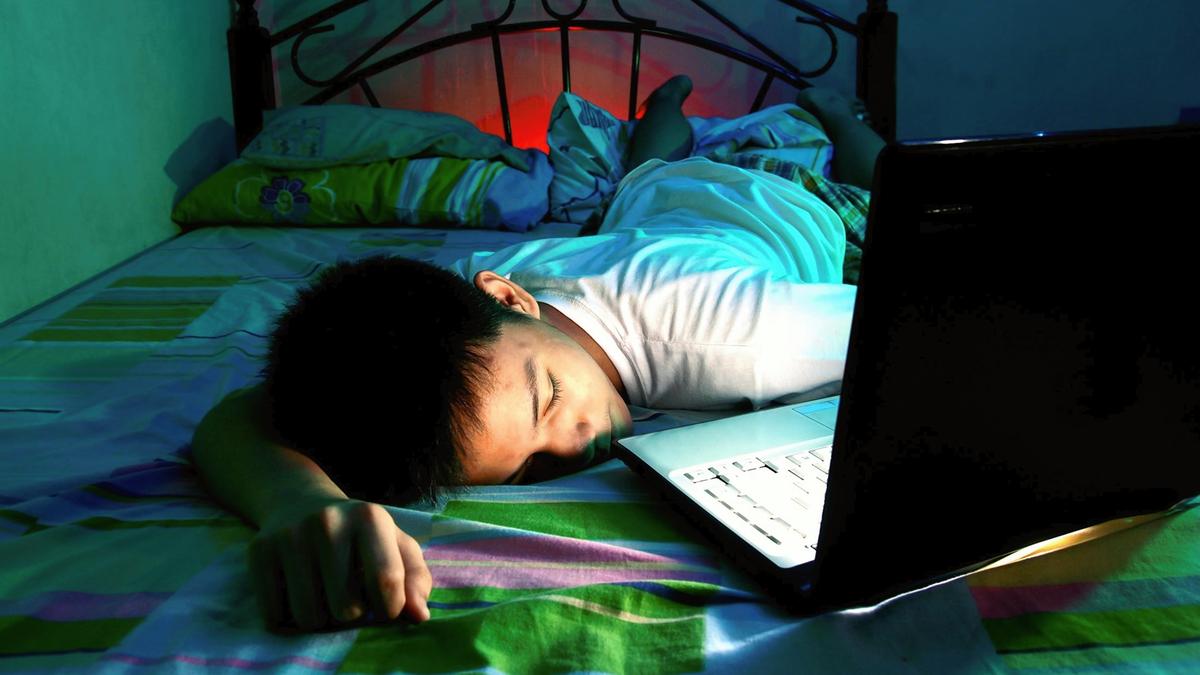
Sleep disorders in children: how to recognise and handle them Premium
The Hindu
Understanding the importance of sleep in children and adolescents, and the impact of sleep disorders on their overall health.
Sleep has long been recognised as an active process by the scientific community, contrary to the popular belief of it being a period of inactivity. Sleep is defined as a normal, reversible, recurring state of reduced responsiveness to external stimulation and relative physical immobility.
Understanding the functions of sleep is crucial to understanding the consequences of sleep-deprivation and sleep-related disorders. The functions of sleep include: fostering optimal brain growth and development; enhancing learning, attention and memory; regulating emotions, appetite and decision-making; strengthening of the immune functions as well as optimal time for rest and repair of body tissues.
The composition and functions of sleep vary with age and development. The changes noted with increasing age from infancy to adulthood are a decrease in total sleep time and the gradual setting up of a consistent sleep-wake cycle. Sleep health is a topic that has just recently garnered worldwide interest in scientific circles; however, this is yet to make much headway amongst the general public. There has also been a much-needed shift in importance from ‘treatment of insomnia’ to ‘prevention of sleep disorders and maintenance of good sleep health’.
The array of consequences of sleep disruption range from irritability to poor academic and work performance to being triggers for major mental illnesses and suicides. The impact of these are equally (if not more) significant in children and adolescents as in adults. Sleep disorders in children have ramifications in three aspects: the sleep disorder in itself and the distress due to it; the long-term impacts it has on the child’s or adolescent’s academics, schooling, physical activity, emotional regulation, risk-taking behaviour and effect on comorbid illnesses which could be physical or mental and the impact of family behaviour on the child’s sleep and vice- versa.
Let us see what the statistics say about paediatric sleep disorders. Around 80% of the child and adolescent population worldwide have sleep disorders or complaints related to sleep. Persistent sleep difficulties in childhood predict psychiatric problems in adult life and sleep deprivation also increases health complaints in children. Crucially, parental stress related to the behavioural problems in sleep-deprived children can affect their mental and/or physical well being
There are two main types of sleep disorders: primary sleep disorders and secondary sleep disorders, which have consequences of physical or mental illnesses or drug abuse. Primary sleep disorders seen in child and the adolescent population present in various forms. Insomnia, which is defined as persistent reduction in total sleep duration or poor quality of sleep is one. Hypersomnia, which is an increase in sleep duration is another. Parasomnias are undesirable physical events or experiences that occur during entry into sleep, within sleep or during arousal from sleep. There are also sleep-related breathing disorders and sleep-related movement disorders like restless leg syndrome and nocturnal teeth grinding. This apart, there are disorders of the sleep-wake cycle. All these conditions impact sleep in terms of duration and /or quality of sleep.
Insomnia can present in the form of difficulty in falling asleep, bedtime resistance, frequent nighttime awakenings, imposed sleep restrictions, unrefreshed sleep and /or poor sleep hygiene persisting over three months

 Run 3 Space | Play Space Running Game
Run 3 Space | Play Space Running Game Traffic Jam 3D | Online Racing Game
Traffic Jam 3D | Online Racing Game Duck Hunt | Play Old Classic Game
Duck Hunt | Play Old Classic Game











